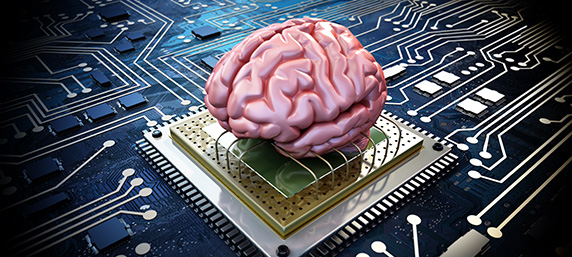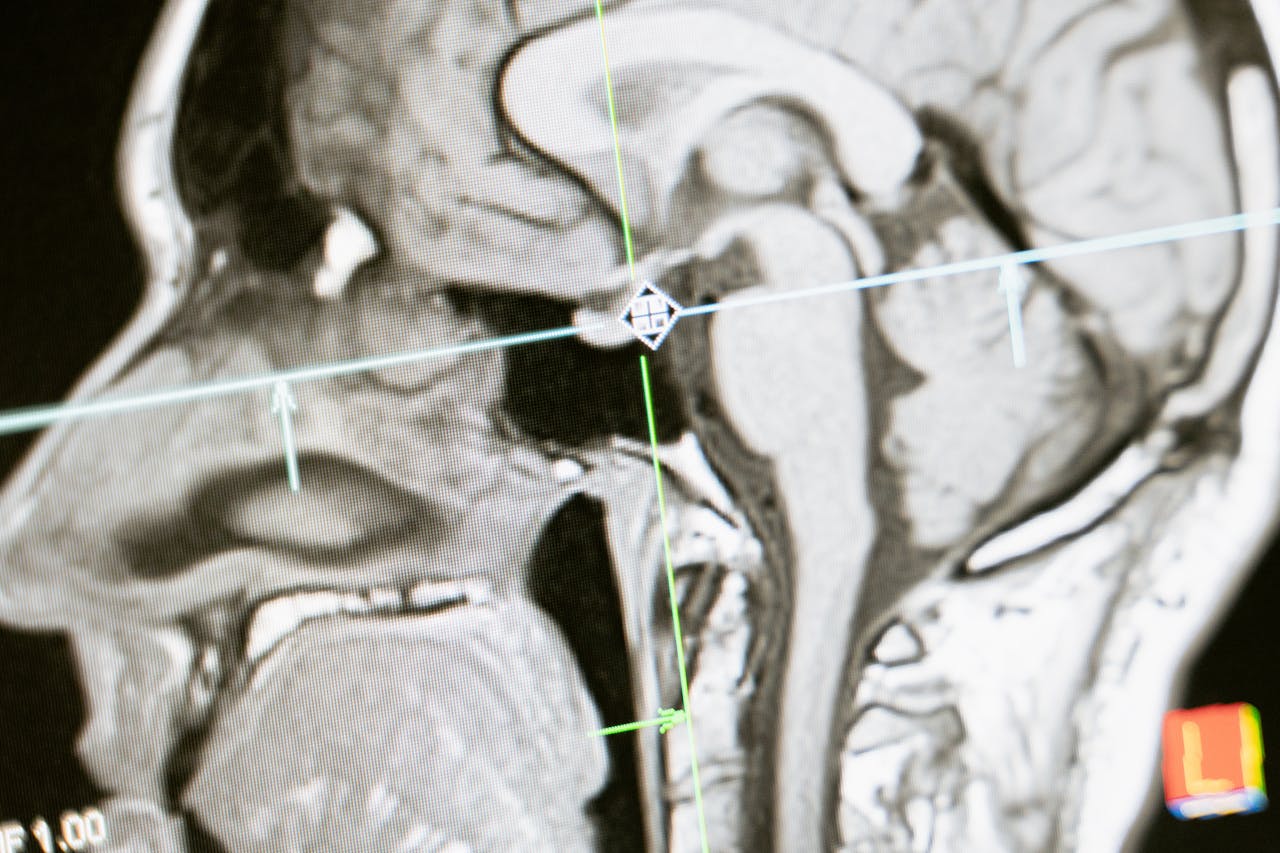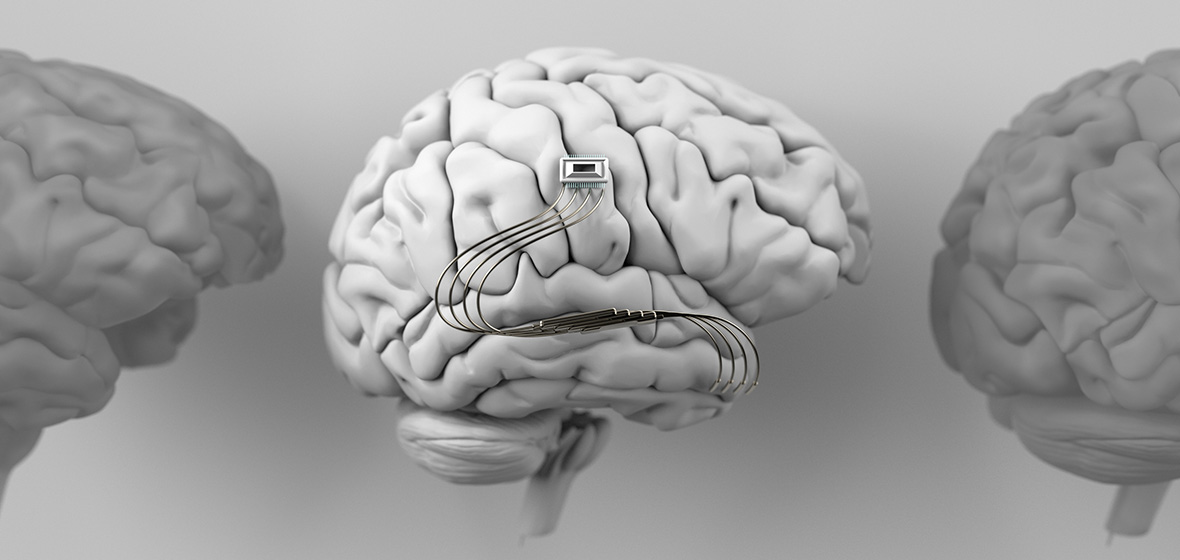Neurotechnology: Unlocking the Mysteries of the Brain and Enhancing Human Abilities
Neurotechnology is a rapidly advancing field that sits at the intersection of neuroscience, engineering, and computer science. It holds the promise of unlocking the mysteries of the brain while simultaneously enhancing human capabilities. From brain-computer interfaces (BCIs) to neurostimulation devices, this field is not only redefining how we understand our cognitive processes but also paving the way for groundbreaking applications in medicine, communication, and beyond. Let’s dive into the fascinating world of neurotechnology and explore its implications for the future.

Understanding Neurotechnology
What is Neurotechnology?
At its core, neurotechnology refers to devices and methods that interact with the nervous system to study, repair, or enhance neural function. This can include a variety of tools, from non-invasive brain imaging techniques (like fMRI and EEG) to implanted devices that stimulate or monitor brain activity. The primary goal is to understand how the brain works and to develop interventions that can improve cognitive function, treat neurological disorders, and even augment human capabilities.
The Brain: A Complex Organ
The human brain is one of the most complex organs, with approximately 86 billion neurons connected by trillions of synapses. Each neuron communicates through electrical and chemical signals, forming intricate networks that govern our thoughts, emotions, and actions. Understanding how these networks operate is key to developing effective neurotechnological solutions. Recent advances in neuroimaging and computational modeling are helping scientists map these connections, revealing insights into both normal brain function and the pathology of neurological diseases.
Applications of Neurotechnology
1. Medical Applications
Treating Neurological Disorders
Neurotechnology has already made significant strides in the treatment of neurological disorders. For instance, deep brain stimulation (DBS) has been used to manage conditions like Parkinson’s disease and epilepsy. This technique involves implanting electrodes in specific brain regions, delivering electrical impulses to regulate abnormal brain activity. Other applications include transcranial magnetic stimulation (TMS) for depression and neurofeedback for attention disorders.
Rehabilitation
Neurotechnology is also playing a vital role in rehabilitation. Devices that utilize brain-computer interfaces (BCIs) allow individuals with paralysis or limb loss to control prosthetic limbs or even computer cursors using their thoughts. Research is ongoing to improve these technologies, making them more intuitive and accessible to those in need.
2. Cognitive Enhancement
Boosting Memory and Learning
As neurotechnology advances, the possibility of enhancing cognitive abilities is becoming increasingly feasible. Techniques like transcranial direct current stimulation (tDCS) are being studied for their potential to improve memory, learning, and overall cognitive function. While these methods are still in the experimental stage, preliminary results are promising, suggesting that targeted brain stimulation could offer a way to enhance mental performance.
Augmented Reality and Virtual Reality
The integration of neurotechnology with augmented reality (AR) and virtual reality (VR) has opened new avenues for training and education. These technologies can create immersive environments that engage multiple senses, enhancing learning experiences. Neurofeedback mechanisms within VR platforms could tailor experiences based on real-time brain activity, further optimizing learning and engagement.

Ethical Considerations
The Responsibility of Advancing Neurotechnology
As with any rapidly advancing field, neurotechnology brings forth a myriad of ethical considerations. Issues surrounding privacy, consent, and the potential for misuse of neurotechnological devices must be carefully navigated. For instance, as we develop more sophisticated ways to read and manipulate brain activity, questions arise about the implications for personal autonomy and mental privacy. Ensuring that these technologies are developed and used responsibly is essential to fostering public trust and maximizing their benefits.
Access and Equity
Another critical issue is access to neurotechnological advancements. As these technologies become more prevalent, ensuring equitable access across different demographics is crucial. Disparities in healthcare can lead to unequal opportunities for those who could benefit from these innovations. Policymakers and industry leaders must work together to create frameworks that promote equitable access to neurotechnological solutions.

The Future of Neurotechnology
Innovations on the Horizon
The future of neurotechnology is bright, with ongoing research and innovation poised to revolutionize our understanding of the brain and enhance human capabilities. Potential advancements include wireless brain-computer interfaces, neuroprosthetics that can seamlessly integrate with the nervous system, and new methods for treating mental health disorders. These innovations could significantly improve quality of life for many individuals while opening doors to previously unimaginable possibilities.
Societal Impacts
As neurotechnology continues to evolve, its impact will be felt across various sectors, including education, healthcare, and even entertainment. The potential to enhance cognitive abilities could reshape how we approach learning and professional development, leading to a more skilled and adaptable workforce. Furthermore, the integration of neurotechnology into daily life could foster deeper connections and understanding between individuals, as we learn more about the intricacies of the human brain.
Neurotechnology represents one of the most exciting frontiers in science and engineering, with the potential to unlock the mysteries of the brain and enhance human abilities. As we continue to explore this uncharted territory, it’s essential to navigate the ethical considerations and ensure equitable access to these advancements. The future of neurotechnology holds immense promise, offering solutions that could revolutionize our approach to health, learning, and communication. With each discovery, we move closer to a world where the complexities of the human brain are not just understood, but harnessed for the betterment of society.












